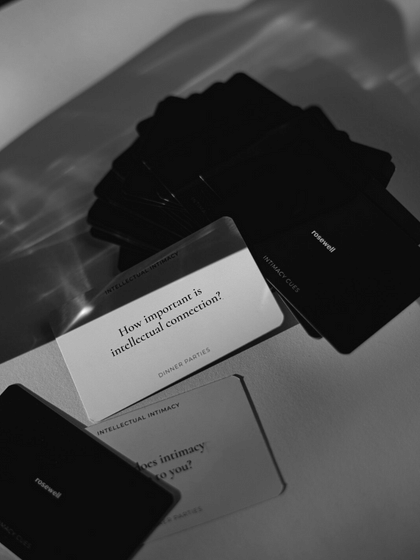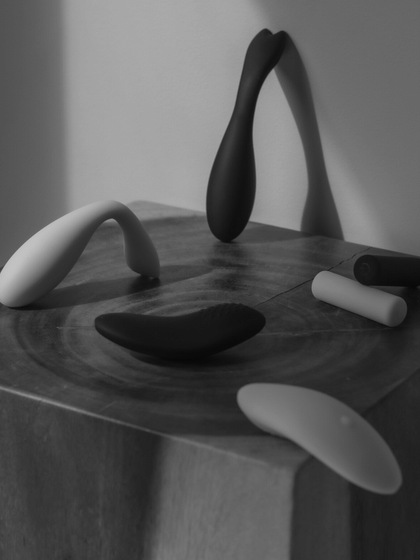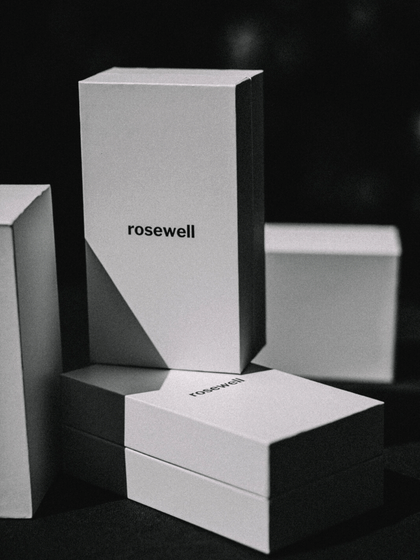Have you ever considered how experiences in the earlier years of your life have impacted your attitudes and behaviours as an adult? Psychologists have, and the popular idea of attachment styles developed from the body of research around the Adult Attachment Theory.
Psychologists refer to the Attachment Theory in trying to explain unique behaviours between adults in intimate relationships, under the assumption that these behaviours stem from former child-parent relationships. The four main umbrellas of 'attachment styles' under this theory are: secure-autonomous, avoidant-dismissive, anxious-preoccupied, and disorganised-unresolved.
Though perhaps familiar, delving deeper into these concepts may help with revelations in our own relationships, whether uncomfortable or not.
When thinking back, we may experience apathy, sadness, joy, or introspection. Although these attachment styles may not be clear-cut cookie-shape frameworks, understanding them may allow powerful and useful insights into how we feel about intimate relationships. Even better, the knowledge could facilitate foresight into becoming better versions of our relationship selves.
That requires curiosity. How has your past influenced your perception of intimate relationships? How do you show up for your loved ones? How do you give love to yourself? Approach these questions with open-mindedness and kindness towards yourself. Unsurprisingly, reflection is energy-consuming. Remember that undergoing a reflective process, when looking into the deepest, more vulnerable parts of our lives, acknowledge and address conditioning. Rest assured that you have already come so far.





